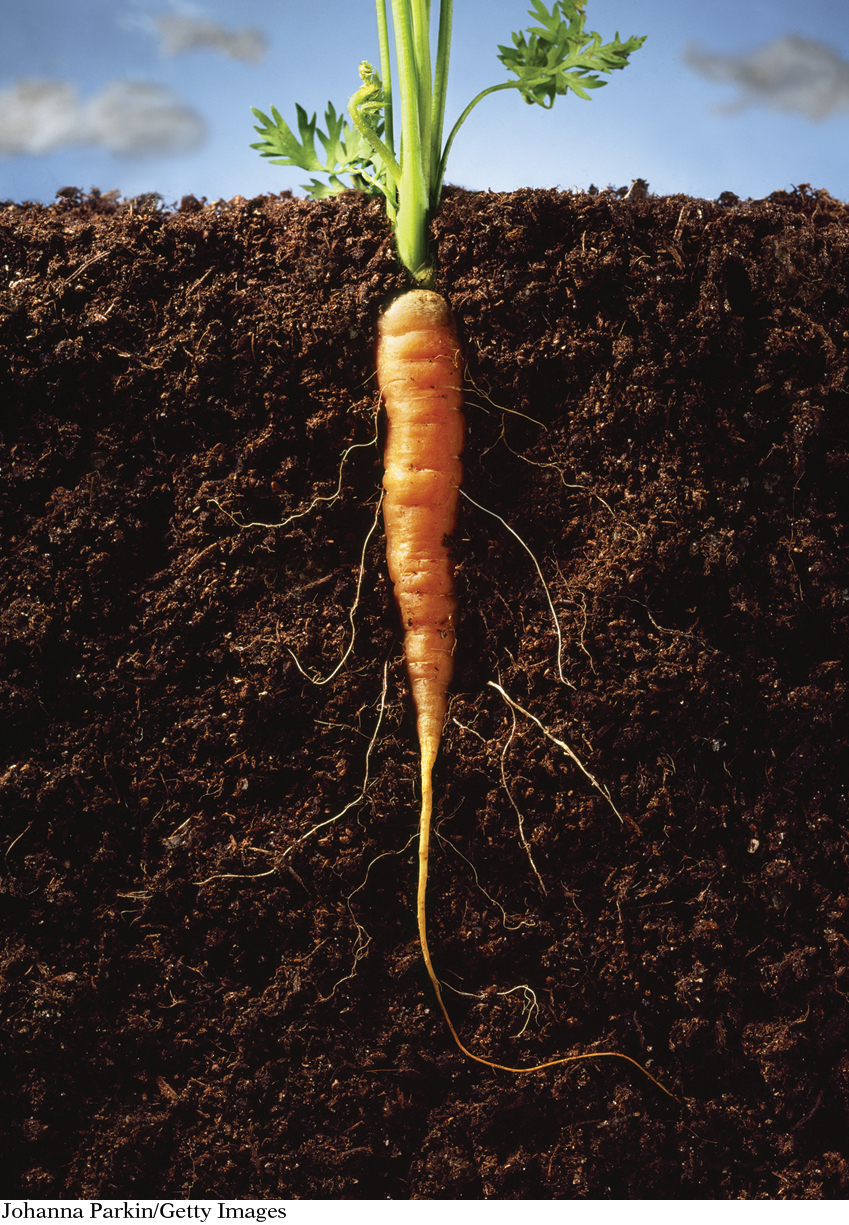MINERALS IN OUR FOOD
The best way to get essential minerals is to eat an adequate, varied, and balanced diet. Tap water, too, can be a source of some essential minerals: “hard” water, which is more commonly found in the United States, typically contains more calcium and magnesium, whereas “soft” water contains more sodium, which is added in proportion to the “hardness” of the water source. Mineral content in tap water, whether hard or soft, can vary regionally and according to treatment methods. Tap water may contribute as little as 6% of overall intake of calcium or magnesium, but can add around 30% with consumption of approximately two liters a day in some areas. Likewise, consuming two liters of “soft” tap water generally contributes rather insignificant amounts of sodium to overall intake, but in some areas it can add up to almost half of the daily sodium recommendations. To find what minerals are present in significant amounts in your water, refer to the annual municipal water report for the area in which you live.

Minerals in plants reflect the mineral content of the soil in which they are grown. Because of this, mineral content can vary drastically depending on the region in which the plants are grown and farming practices used to grow them. Animal foods are typically a better source of minerals, in part because animals eat plants and concentrate their nutrients. (As a result, vegans and vegetarians may be at a higher risk for deficiencies in the minerals that are typically concentrated in animal foods, such as calcium, iron, and zinc.)
Processing and refining foods can sometimes boost, but more often reduce, mineral content. For instance, when cereal grains are refined and milled, they lose a portion of many important minerals and only iron is added back through enrichment. To maximize mineral intake then, individuals should emphasize eating whole, unprocessed foods. And although cooking itself does not degrade or break down minerals, boiling foods can result in the leaching (or loss) of a varying amount of minerals into the cooking water—